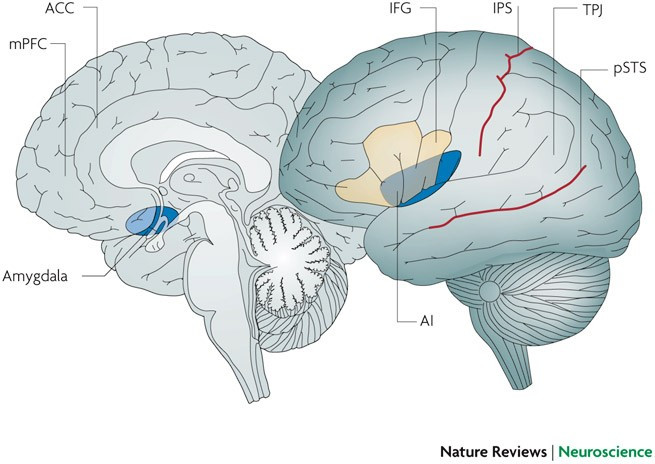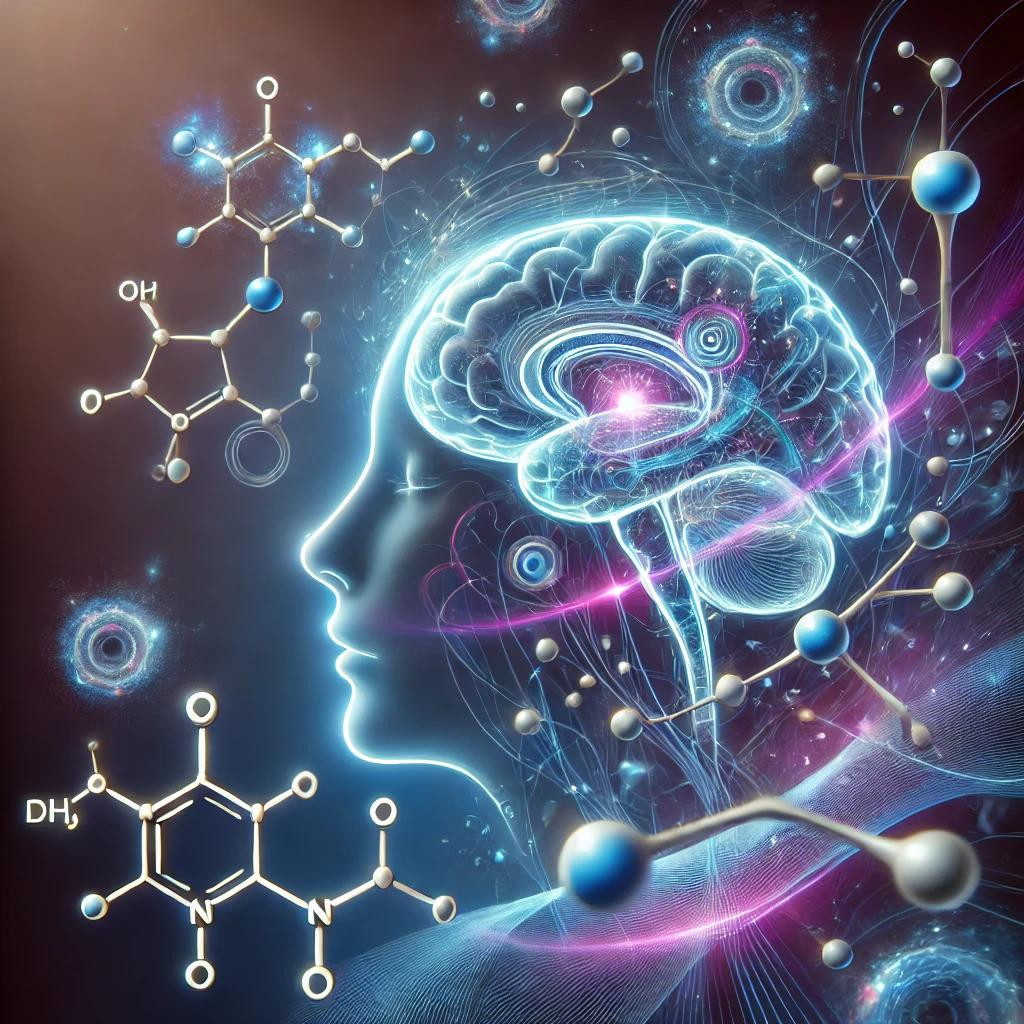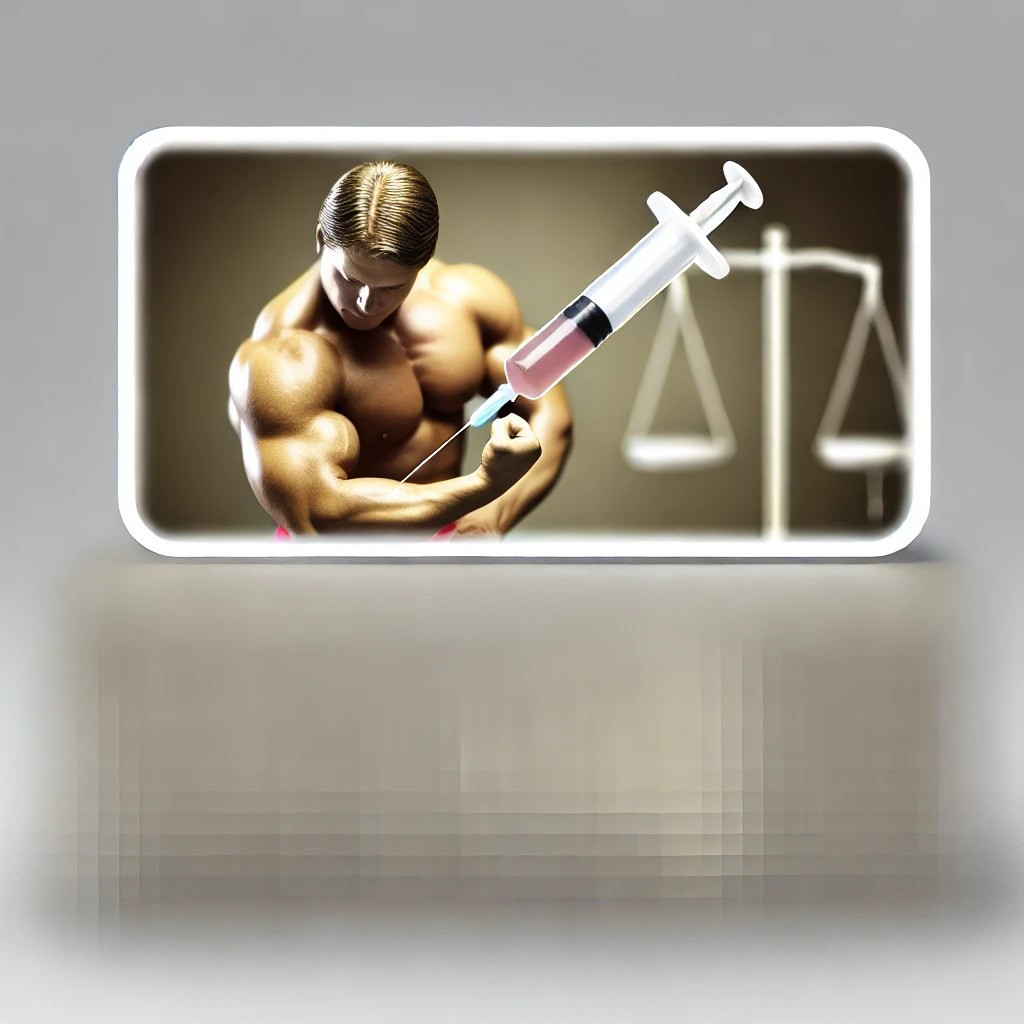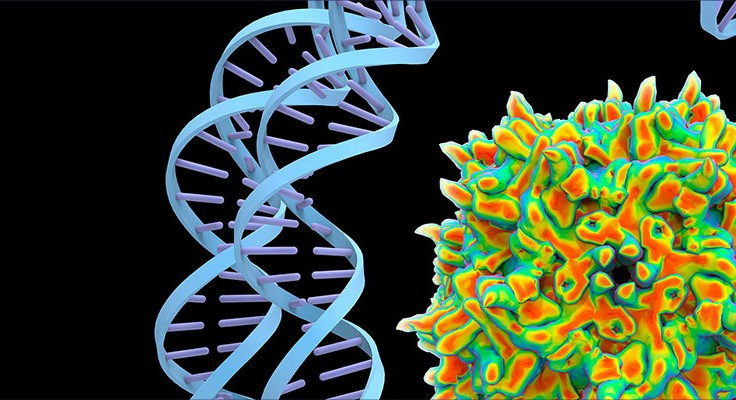Prolactin and Progesterone

Social Media controls you & How to stop that?
There are several mechanisms that contribute to social media addiction:
Dopamine reward system: Social media platforms often employ features such as likes, comments, and notifications, which trigger the release of dopamine in the brain. Dopamine is a neurotransmitter associated with pleasure and reward, creating a sense of gratification and reinforcing the behavior of using social media.
Variable rewards: Social media platforms use variable reward systems, where users receive intermittent and unpredictable rewards. This taps into the brain's natural inclination for seeking novelty and creates a cycle of anticipation and gratification, making the experience addictive.
Social validation: Social media provides a platform for seeking social validation through likes, comments, and followers. This validation can boost self-esteem and create a desire for continuous engagement and positive feedback, driving addictive behavior.
Fear of missing out (FOMO): Social media presents an idealized and curated version of others' lives, leading to a fear of missing out on important events or experiences. The constant need to stay connected and updated fuels the addiction as individuals fear being left out or disconnected from their social circles.
Social comparison: Social media platforms encourage users to compare their lives, achievements, and appearances with others. This can lead to feelings of inadequacy, low self-esteem, and the desire to continually seek validation or improve one's online image.
Endless scrolling and infinite content: Social media feeds are designed to be infinite, offering an endless stream of content. This can create a sense of time distortion and make it difficult to disengage, as users become absorbed in the constant flow of information and entertainment.
Psychological triggers: Social media platforms utilize psychological tactics, such as personalized notifications, red notification badges, and autoplaying videos, to grab and hold users' attention. These triggers exploit psychological vulnerabilities and make it harder to resist the urge to engage with social media.
Habit formation: Through repeated use, social media becomes ingrained in daily routines and habits. Automatic and mindless scrolling can occur, making it challenging to break free from the addictive cycle.
It's important to note that individual susceptibility to social media addiction can vary, and these mechanisms may affect individuals to different extents.
Social media can thus play a very destructive role in people's lives depriving them from the Time and the effort they can otherwise allocate to so many different tasks thus increasing their productivity and success.
How Can the negative effects of Social media be negated ?
By understanding the reward mechanism in the brain involving dopamine that social media application abuse to try to extract as much time and interactions out of people and reversing those mechanisms. in 4 manners
How to Stop social Control !
1-Removal
2- Locking
3- Dimensional restriction .
To be continued... (part 2 will offer a comprehensive program on specifics of how to reverse the reward system)
















Leave a comment
Comments
Social media addiction
By: Sahar On 12/07/2023All we are addicted to social media how to decrease that effect
Replied by: Dave D On 02/04/2024